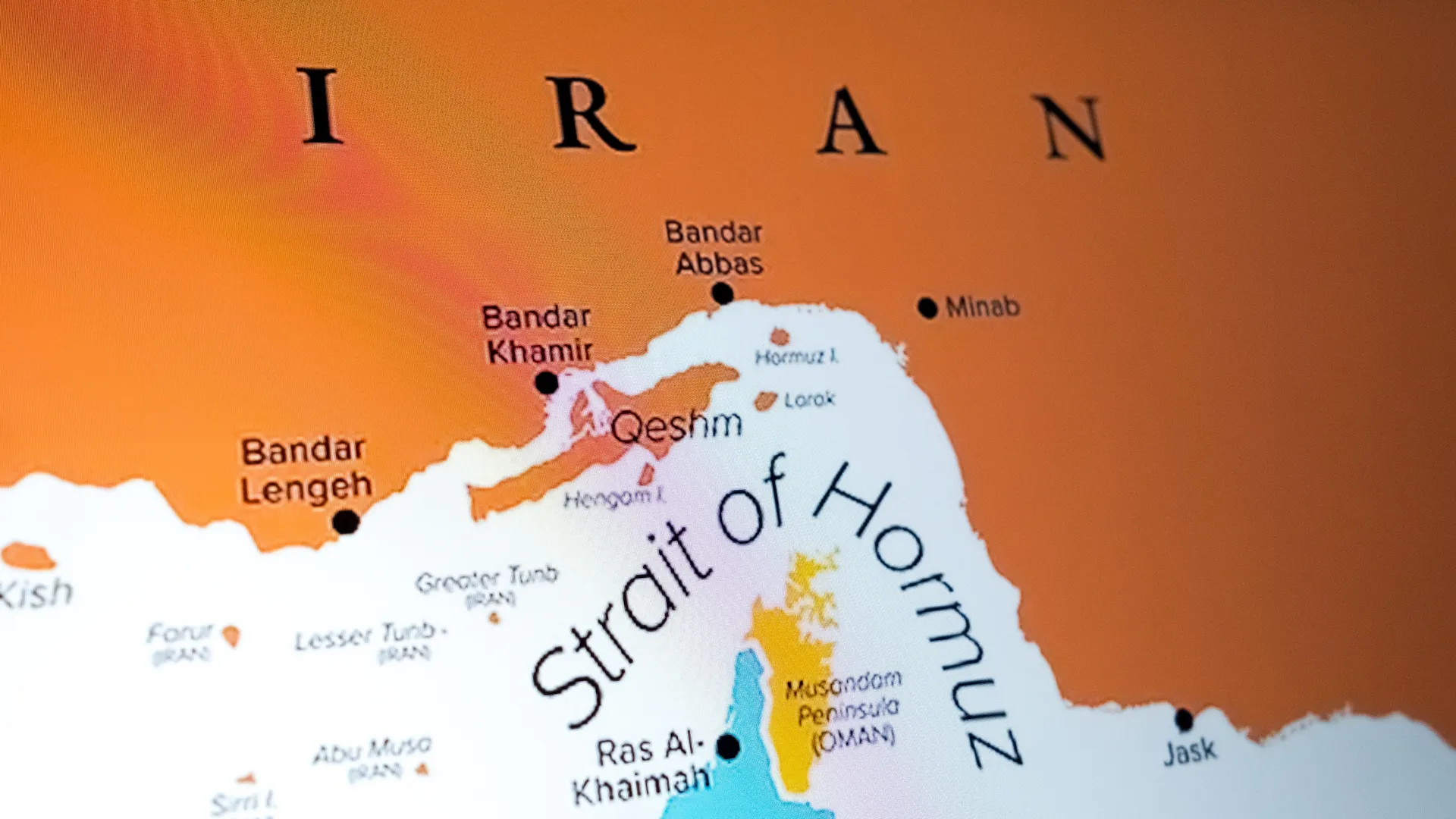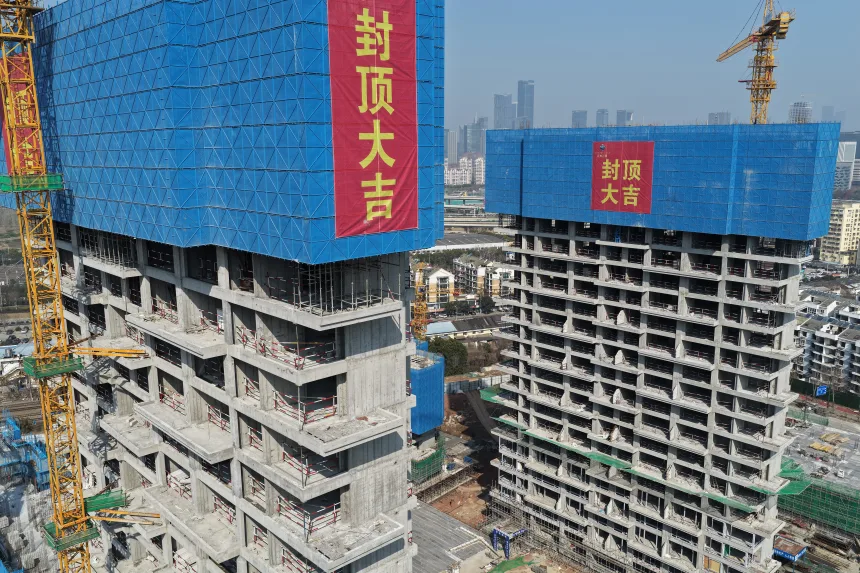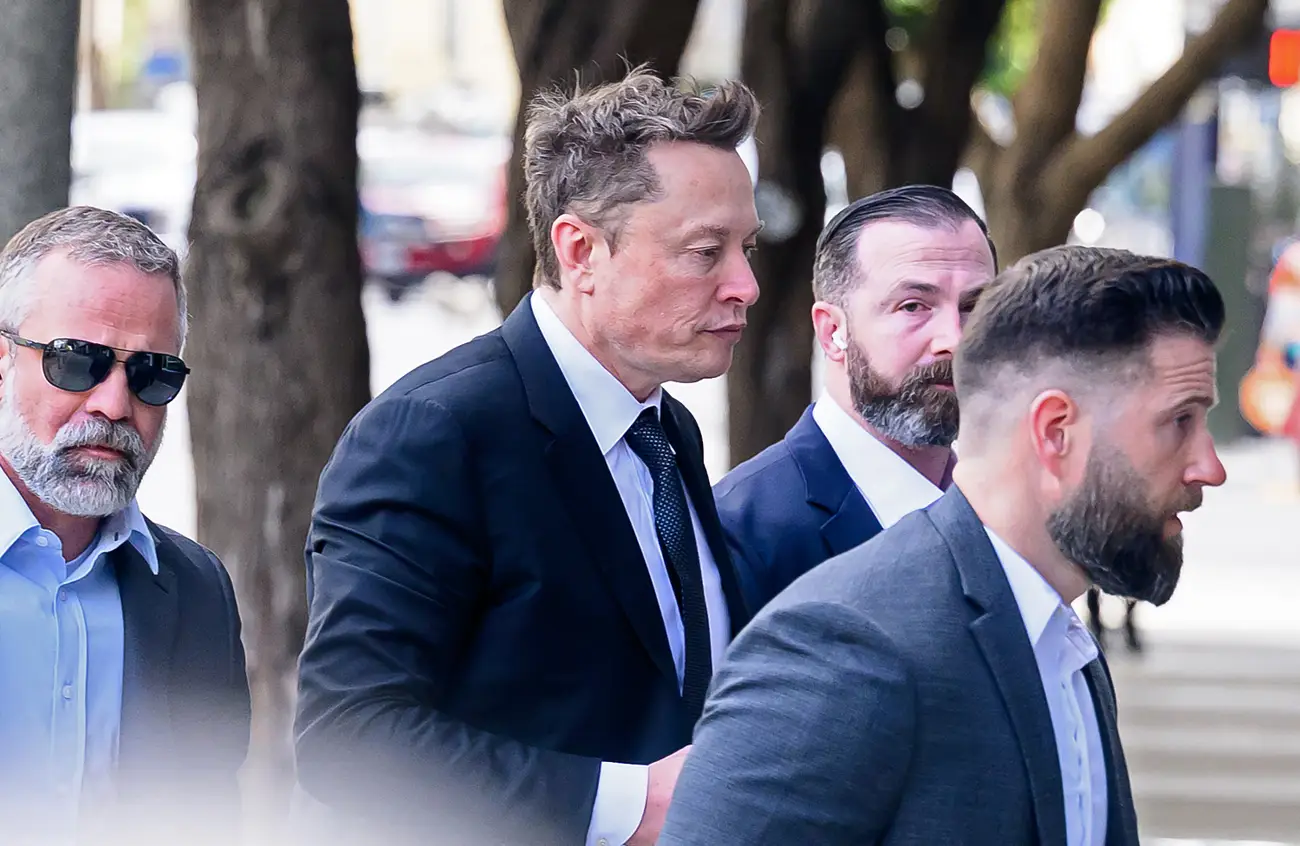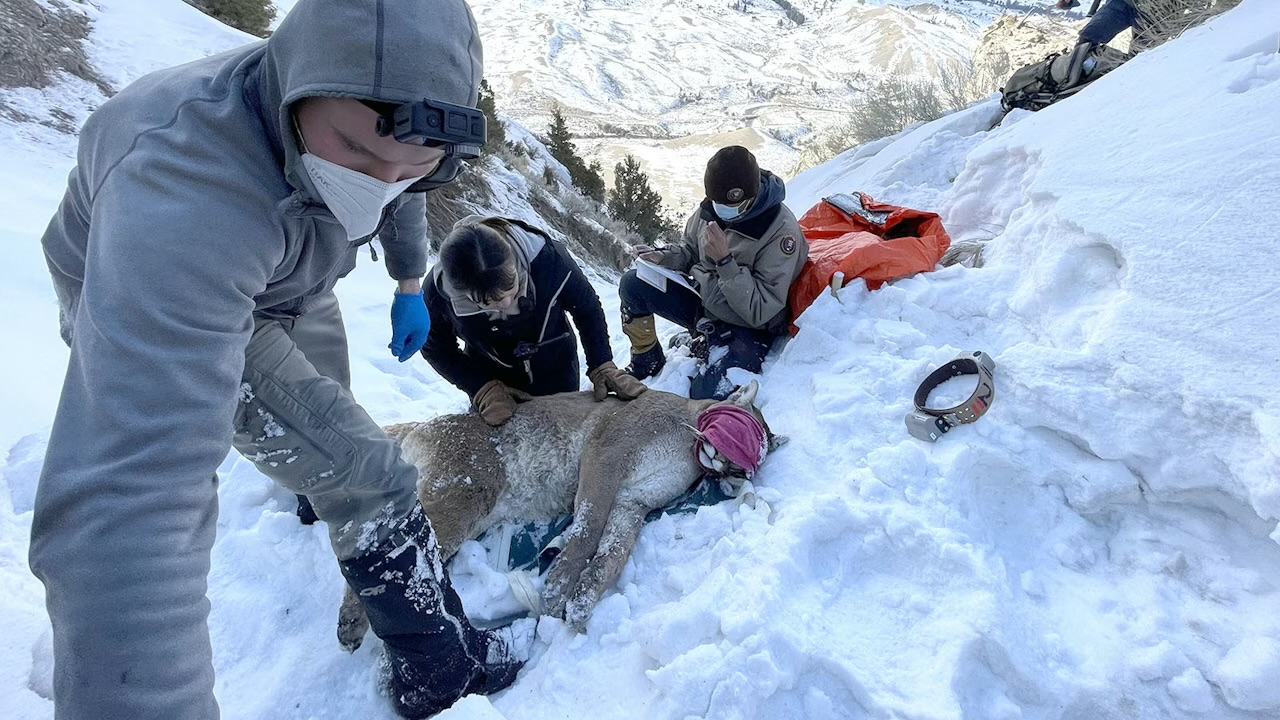After Parade Power Pose With Putin, Xi Sits Down With Kim in Beijing
One day after sharing a grandstand with Vladimir Putin at a lavish military parade, China’s Xi Jinping hosted North Korea’s Kim Jong Un for their first formal talks in six years — a tightly choreographed reminder of who’s in which corner as global tensions churn.
Xi and Kim met Thursday at Beijing’s Great Hall of the People, their first sit-down since Xi’s 2019 visit to Pyongyang. Kim arrived for the World War II commemoration events (marking 80 years since the war’s end) alongside 26 foreign leaders, including Russia’s Putin, Iran, Pakistan, and Belarus. The trio’s joint appearance — a first — telegraphed a defiant front to Western capitals.
Kim praised China’s “elevated international status,” signaled he wants more exchanges “at all levels,” and brought his young daughter — fuel for succession chatter. With North Korea funneling ammunition and troops to Russia’s war in Ukraine and tightening ties with Moscow, Kim also has reason to rebalance toward his biggest lifeline: China.
China supplies over 95% of North Korea’s trade and is its only formal treaty ally (since 1961), but Pyongyang’s missile and nuclear sprints have long made Chinese officials uneasy. Xi is wary of a Russia–North Korea defense embrace that could supercharge Kim’s arsenal, roil East Asia, and invite more US pressure. Thursday’s optics were about reasserting leverage.
After the parade, Putin and Kim huddled for about 2.5 hours, discussed “long-term” cooperation, and exchanged hugs. Putin lauded North Korean troops fighting alongside Russian forces, invited Kim to Russia, and leaned into their recently signed mutual defense pact — the one rattling Washington, Seoul, and Tokyo.
All three have beefs with the US, but analysts say there’s no formal trilateral pact. Chinese scholars warn that “ganging up” with the world’s most closed regime would dent Beijing’s image. Still, coordinated optics plus pragmatic swaps (arms, tech, energy, political cover) make for a looser, useful alignment.
Why it matters? A closer Moscow–Pyongyang axis complicates China’s careful management of the Korean Peninsula and could accelerate North Korean capabilities. Xi used the parade pageantry to pitch China as an alternative power center while US alliances are in flux. Kim, heavily sanctioned, got rare top-tier stage time. Expect Beijing to keep sanction-evasion lanes cracked open for Pyongyang while trying to keep a lid on escalation — a balancing act that preserves Chinese influence without owning North Korea’s provocations.
Xi’s meeting with Kim the morning after the parade wasn’t just about nostalgia and flags. It was a nudge — to Kim, to Putin, and to Washington — that Beijing plans to keep its hand firmly on the Korean chessboard, even as its two prickly partners cozy up.
CNN, the Financial Times, and ABC News contributed to this report.









The latest news in your social feeds
Subscribe to our social media platforms to stay tuned